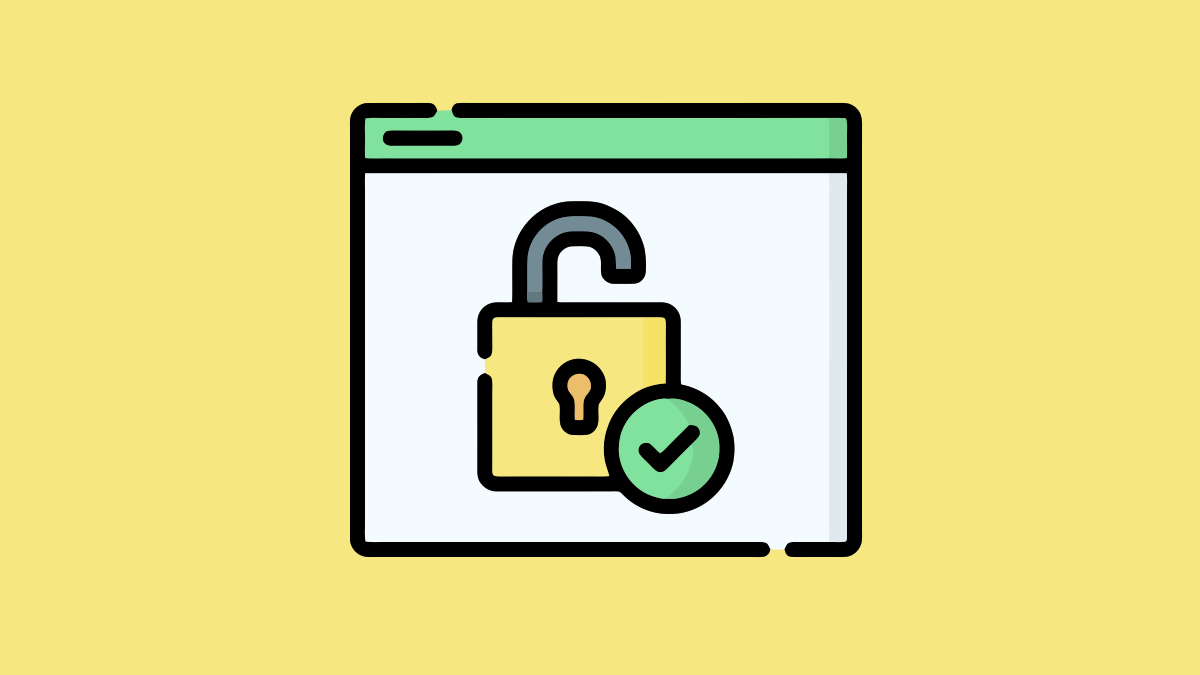How can you Keep Yourself Safe on the Internet?
What do you do when you are alone at home and feel unsafe? You lock your front door of course. When you want to safeguard your expensive car from people with dubious intentions, you employ a car lock. To secure your exclusive jewelry as well as other esteemed possessions, you store them away in a locker.
However, what exactly do you do to protect your sensitive online identity? Just like everything else, internet security is highly significant too. But sadly we don’t give it the attention that it deserves and so end up putting a lot of our personal and financial data at stake.

Well, not anymore. In this article, we have prepared a list of all the essential tips and tricks that will safeguard you from hackers, intruders, and dangerous viruses. So leave everything aside and keep reading to stay safe on the internet.
1. Use Safe Public Wi-Fi Networks
Always remember that you should never employ a Wi-Fi network that is not properly secured unless of course, there is an emergency and you have to use the internet. In such cases, refrain from signing in to your private accounts or apps that essentially have all your sensitive financial information.
Why are we actually saying this? Well, the answer is simple. Hackers are notorious for forming fake public Wi-Fi networks in order to convince innocent online surfers to use them. The minute you sign into these Wi-Fi hotspots, the cunning hackers quickly gain access to all your important information. And that’s just terrible.
Keeping all of this information in mind, we would suggest you employ a public Wi-Fi network that first asks you to enter a password. This would essentially tell you that the network is not fake and that it is authentic. Hence, before logging in to such networks, just first enquire about the name of the network from a worker or staff member.
The finest approach, however, is to join a network that you are already familiar with and have been using already. The icing on the cake is you are a sincere user of Xfinity Internet español; you do have to spend your precious time worrying about risky public Wi-Fi networks. Why are we saying this? Well mainly because Xfinity blesses its users with over 20 million safe Wi-Fi hotspots. In simpler words, just sign up with an internet provider similar to Xfinity or stay super alert when using public Wi-Fi networks.
2. Religiously Update your Software
This a very significant practice and you must adopt it right away. We are saying this because software is created by humans and humans obviously can’t help but make mistakes. And so even very well-designed software can include several faults that essentially negatively affect internet safety.
Hackers and highly experienced cybercriminals are aware of the art of searching the World Wide Web for devices running old, outdated software with recognizable flaws before specifically targeting those gadgets. In order to avoid all of this, just set update reminders and safeguard yourself from such threats.
3. Adopt the Habit of Backing up your Data
Several laptops or desktop computers provide you with a useful option of regularly backing up your important information as well as data and adopting this practice is very crucial. These backups come in handy especially when your computer gets infected with a super harmful virus and you are at a risk of losing all your data. If obviously, you have backed up all your important information, you will be able to bring back your device to its old state. How simple is that?
Use Strong Passwords
We are sure you already know this but the surprising fact is that many people take this point for granted. But what you need to remember is that choosing hard-to-guess, complex passwords is the way to go. By setting up a strong password, you will be enhancing your overall internet security.
A hard-to-guess password possesses the ability to safeguard yourself from a lot of trouble. If you have no clue of how to create a complex password, well just follow the pointers we have mentioned below:
- Think of a complex password that includes essentially 10-20 characters.
- Use both uppercase and lowercase letters, numbers, punctuation marks, symbols, etc.
- Try not to use famous sequences or mnemonics like QWERTY etc.
Half of your issues will be resolved by using strong passwords for all your accounts and applications. A simple and easy-to-follow trick.
Final Words
The internet is our safe place, we turn to it at all times. However, it is also important to keep yourself safe while using the internet. We hope the four main tips that we have mentioned above will make your online experience secure and worthwhile.



